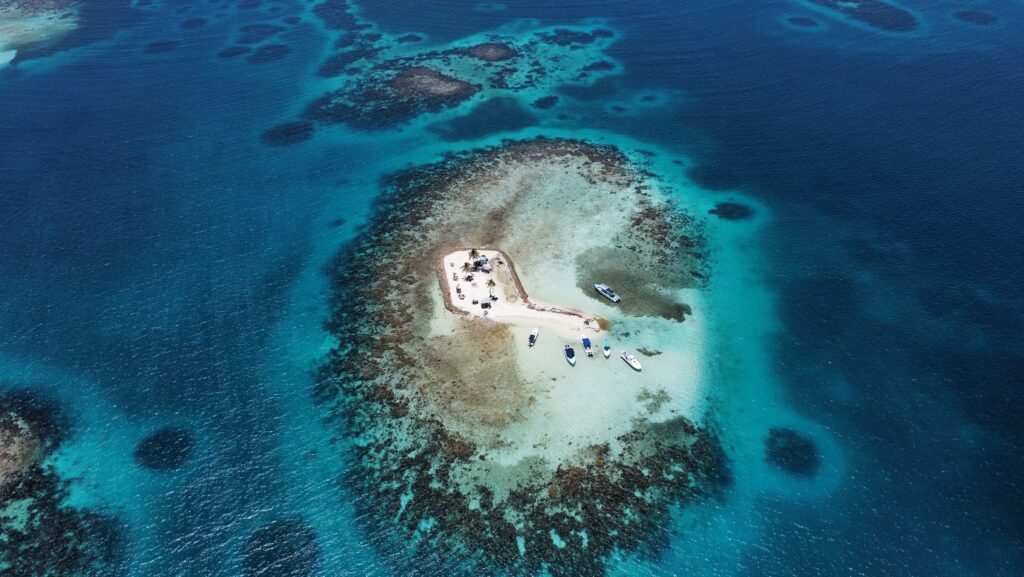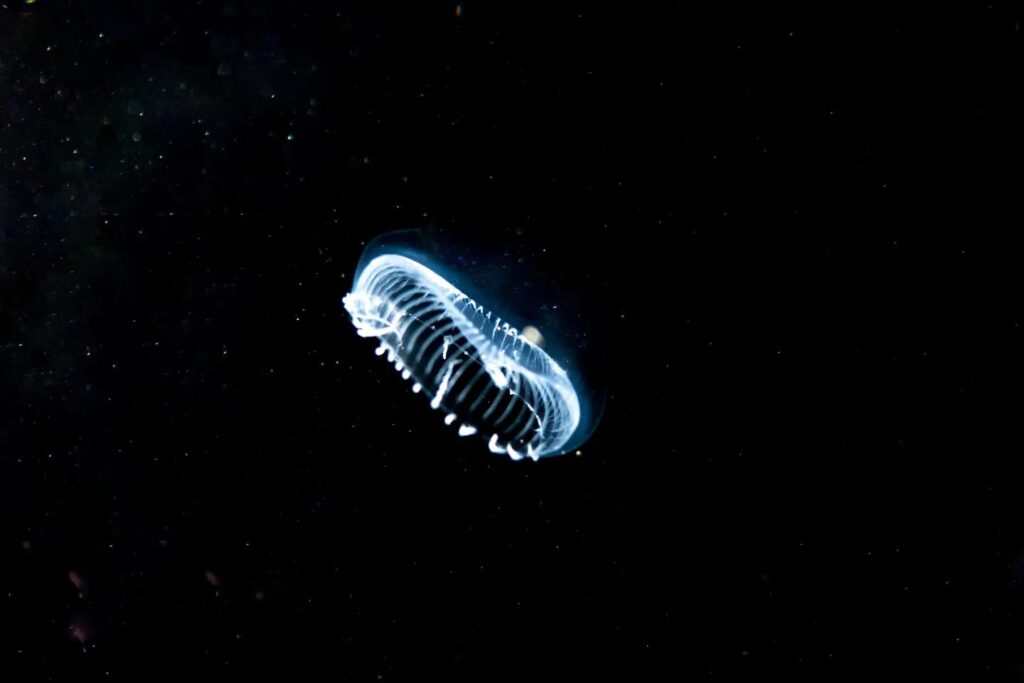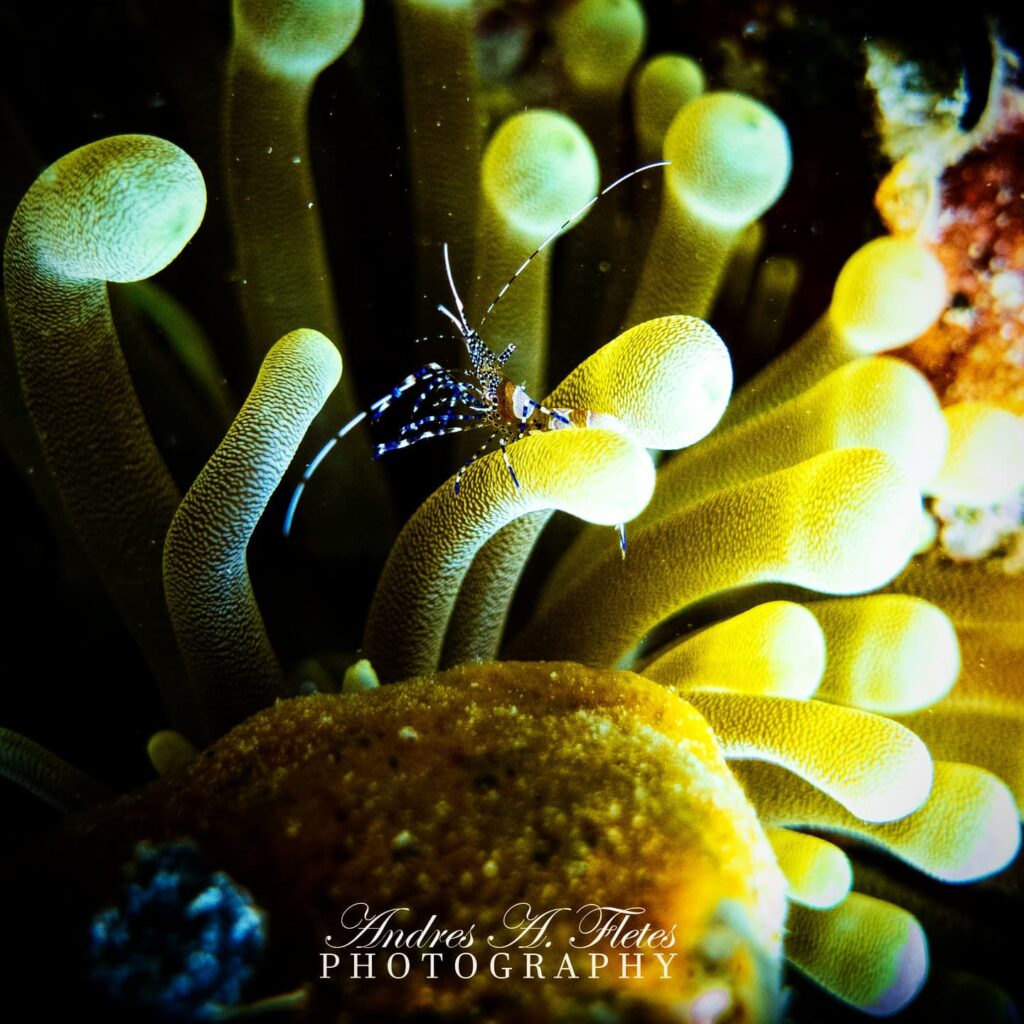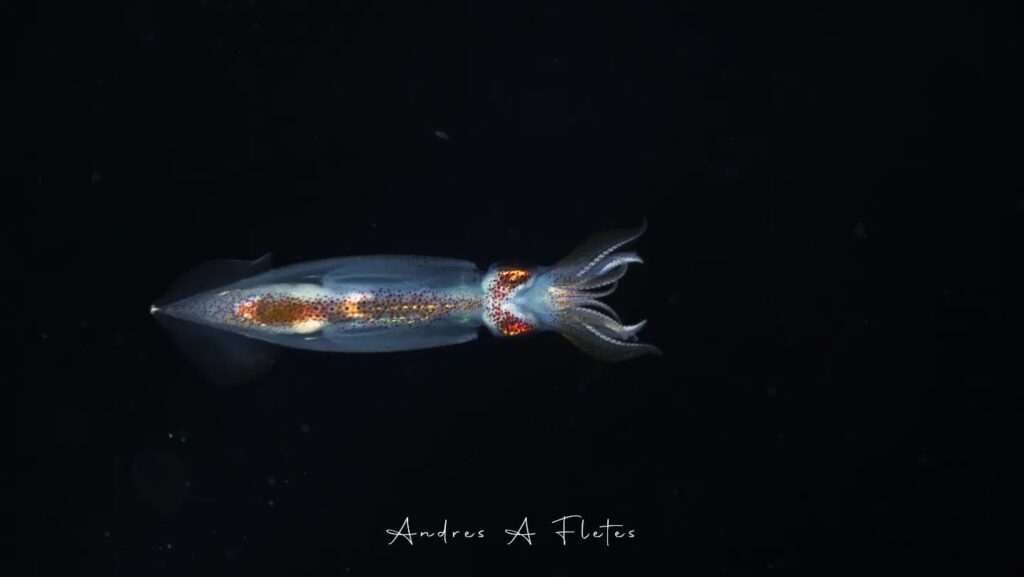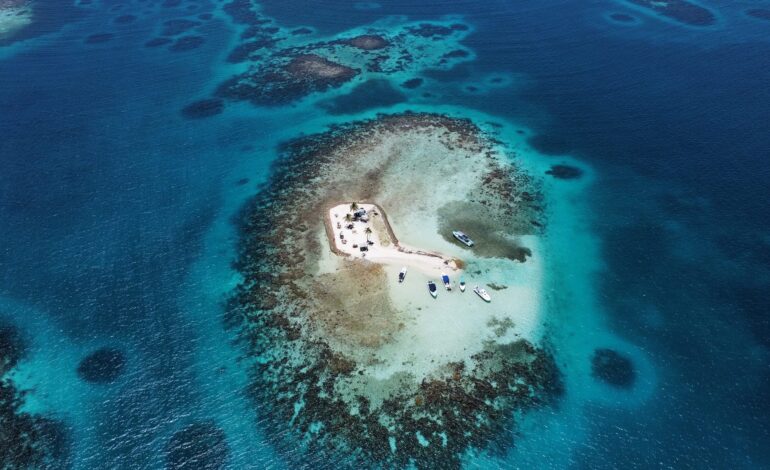
By: Chalsey Gill Anthony, Environmental Communicator and Advocate, Belize
Every breath you take, every drop of water you drink, every change in weather you feel – it all connects back to our ocean. While you sleep soundly in your bed tonight, an extraordinary world lies beneath the waves, covering more than 60% of our planet. In the deep sea, where pressure could crush a car like a soda can and temperatures hover just above freezing, life thrives. This vast underwater realm, which might seem as unknown and far away as another planet, helps regulate the very air you’re breathing right now. Yet this vital ecosystem, which we depend on every day, is filled with wonders.
Take the yeti crab, which farms bacteria on its hairy claws for food. Or the barreleye fish, with its transparent head that lets it look upward to spot prey. Each dive into the deep sea reveals new species and untold mysteries. Scientists estimate that more than 90% of deep-sea life remains undiscovered.
These creatures form the foundation of ecosystems that regulate the ocean’s health, drive nutrient cycles, and even produce oxygen. Yet, these incredible creatures of the deep are being betrayed for profit. This betrayal is happening now, as mining companies prepare to destroy vibrant ecosystems that have thrived for millions of years.
The Ocean’s Silent Work
The deep sea holds incredible potential for medicinal and scientific breakthroughs. Did you know that enzymes from deep-sea microbes helped create COVID-19 testing kits? Or that compounds from marine sponges are being used to develop cancer treatments? If we disrupt these ecosystems, we risk losing discoveries that could save lives.
The deep sea is also critical for our climate:
- Carbon Storage: It absorbs carbon dioxide, helping to keep our planet’s climate stable. Mining the seabed could release stored carbon back into the atmosphere, worsening global warming.
- Oxygen Production: The ocean produces over half the oxygen we breathe.
- Climate Regulation: Deep-sea processes drive ocean currents that regulate global temperatures. Disrupting them could cause serious changes in weather patterns.
Allowing mining companies to exploit the deep sea is like giving them permission to destroy the biodiversity and systems that sustain all life on Earth.
Belize’s Marine Allies
In previous parts of this series, I discussed how deep sea mining disrupts ecosystems and takes advantage of vulnerable nations. But let’s dive deeper.
Like many Caribbean island states, Belize is home to some of the most vibrant marine ecosystems on Earth. From its colourful barrier reef to the migratory species that visit its waters, these ecosystems are part of a global ocean network. They are also essential to our culture and way of life.
While creatures like the vampire squid and gummy squirrel sea cucumber may seem far removed from our daily lives, they’re vital for ocean health. They support species that fill our nets and plates, like lobster and snapper—staples of Caribbean cuisine.
When mining machines tear apart the seabed, they destroy deep-sea habitats and disrupt the entire ocean food chain. This ripple effect reaches our shores, threatening the fish that feed our families and endangering traditions passed down through generations.
Imagine the sizzle of lobster tails on a grill, the tangy scent of freshly squeezed lime, and the sound of music filling the air as families and friends gather to celebrate Lobster Fest. Or imagine sitting with loved ones, sharing hudut—a Garifuna dish of fish in coconut milk with plantains, a tradition that has been passed down through generations.
Disrupting deep-sea habitats affects everything from our meals to our identity. Can you imagine a future without Lobster Fest because there are no lobsters? Or hudut missing its vital ingredient—fish?
The Betrayal
Deep sea mining threatens to destroy ecosystems before we understand their value. Mining companies target areas like the Clarion-Clipperton Zone, rich in minerals like cobalt, nickel, and manganese. To extract these minerals, machines scrape the ocean floor clean, creating toxic sediment clouds that suffocate marine life and disrupt food chains far beyond the mining zone. Noise pollution confuses whales, dolphins, and other animals that depend on sound to survive.
Once destroyed, these ecosystems that were formed over millions of years may never recover. It’s a betrayal not just of marine life but also of future generations who will inherit a depleted ocean.
The Ocean: A Shared Heritage
We don’t need to destroy the deep sea to build a sustainable future. Alternatives like recycling metals and improving the energy and waste industries already exist. Investing in healthy oceans provides long-term benefits, from thriving fisheries to vibrant tourism industries.
We made a promise to protect nature. The 30×30 goal—adopted by over 190 countries, including Belize—is a global pledge to protect 30% of our planet’s land and sea by 2030. This initiative is vital for stopping biodiversity loss and restoring ecosystems. Yet deep sea mining threatens this promise.
Belize and other Caribbean nations have an opportunity to stand against deep sea mining by pushing for a precautionary approach on harmful practices, demanding more research, and prioritizing conservation over exploitation.
Every creature in the ocean plays an important role. We owe it to our marine friends—and ourselves—to protect the deep sea. These creatures are allies in our fight against climate change, partners in discovering new medicines, and essential for sustaining life on Earth.
